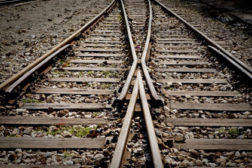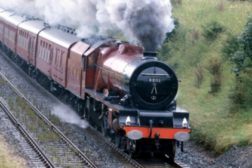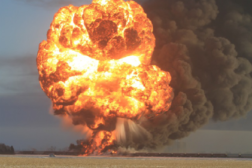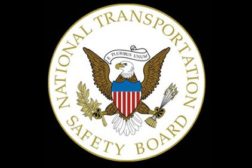Home » train derailment
Articles Tagged with ''train derailment''
Railroad co. involved in derailments has “deficient safety culture”
Read More
Crude oil train shipments to get safety upgrades
Feds, railroad industry agree to slower speeds, better emergency response planning
February 24, 2014
Train derails in Penn., spilling thousands of gallons of oil
Company official says spill is “contained”
February 14, 2014
Speed not a factor in Dec. North Dakota train derailments, collision
NTSB wraps up on scene work, moves investigation to D.C. headquarters
January 14, 2014
Traveling hazmats need better documentation, says TSB
Canadian, U.S. regulators called upon to make changes
September 11, 2013
Type of tank car in Canadian derailment may have made accident worse
NTSB identified “inadequate design” after 2009 derailment
July 15, 2013
Become a Leader in Safety Culture
Build your knowledge with ISHN, covering key safety, health and industrial hygiene news, products, and trends.
JOIN TODAYCopyright ©2025. All Rights Reserved BNP Media.
Design, CMS, Hosting & Web Development :: ePublishing




